
While some security issues do exist, major internet outages like the one witnessed across the EU recently cannot really threaten cryptocurrencies or their associated networks.
Centralized cryptocurrency exchanges have become the backbone of the nascent crypto ecosystem, making way for retail and institutional traders to trade cryptocurrencies despite a constant fear of government crackdowns and lack of support from policymakers.
These crypto exchanges over the years have managed to put self-regulatory checks and implemented policies in line with the local financial regulations to grow despite the looming uncertainty.
Cryptocurrency regulation continues to occupy mainstream debates and experts’ opinions, but despite public demand and requests from stakeholders of the nascent ecosystem, policymakers continue to overlook the rapidly growing sector that reached a market capitalization of $3 trillion at the peak of the bull run in 2021.
Over the past five years, many local and national governments have shown interest in regulating the crypto market but often got perplexed by the vast ecosystem and complexities involved in regulating certain decentralized aspects of the market. As a result, most of the governments that have issued some guidelines or rules related to crypto have done so based on the existing financial regulations, but the evolving market has proven too fast-paced.
Some countries have moved to recognize crypto trading as a legal activity, while others have approved Bitcoin (BTC)-based exchange-traded funds. Many countries have also made way for crypto platforms to operate with a license, but the strict requirements often deter certain small platforms to stay away. As a result, there is no universal blueprint for regulators to adhere to, and experts believe leading centralized crypto exchanges can change that.
In traditional markets, it is perfectly normal for regulators to work closely with industry participants, including exchanges, to ensure that regulations and guidance work well and keep pace with fast-changing technological advances. However, the same can’t be said for the crypto market, as regulators have maintained a safe distance from the nascent industry.
Oliver Linch, CEO of global crypto exchange Bittrex Global, said that the regulators must interact with service providers of the crypto ecosystem to get a better grasp of the industry. He cited the example of Bermuda and Liechtenstein, where the crypto exchange has been working with local lawmakers to make way for positive regulations.
He noted that even though decentralized exchanges continue to remain the flag bearer of crypto’s decentralized ethos, which are thus more complex to regulate, centralized exchanges will be key to major adoption:
“Centralized exchanges have perhaps the most important role to play here. While decentralized exchanges tend to be the ‘poster boys’ for the industry’s cutting edge, they are naturally hesitant to get involved in regulatory matters. In any event, the majority of activity, especially for ordinary retail users (who are front of mind for regulators) happens on centralized exchanges.”
He added that regulating the entire crypto market will follow, but the approach of “Liechtenstein, Bermuda and now the European Union, of regulating service providers, including centralized exchanges, is a good starting place. By properly regulating centralized exchanges, regulators and legislators create a legitimate path for users — from individuals to giant corporates — to get involved in crypto in a safe and regulated manner.”
A Binance spokesperson told Cointelegraph that being a centralized exchange, it needs a centralized entity to work well with regulators.
“Binance believes it has a fundamental responsibility to work with regulators and believes that a well-regulated crypto market provides greater protection for everyday users. We strongly believe that a stable regulatory environment can support innovation and is essential to establishing trust in the industry that will lead to long-term growth,” the spokesperson added.
Centralized exchanges prove to be regulators’ allies
In major economies and developed countries, regulators have not been very keen on involving industry players, but those nations that see the future in the nascent tech have actively partnered and on-boarded leading centralized crypto exchanges to not only help them build the infrastructure but also assist them with formulating right policies for the crypto market.
Binance recently signed a memorandum of understanding with Kazakhstan to help fight financial crimes. The program further aims to identify and block digital assets obtained illegally and used to launder criminal proceeds and finance terrorism. Similarly, Busan onboarded Huobi to develop blockchain infrastructure in the region.
Many countries already regulate centralized exchanges, but there is still a lot of uncertainty about what regimes apply and how they will be enforced. For example, United States-based exchanges operate under licenses from the Financial Crimes Enforcement Network but have been alleged to list tokens and offer financial products (like derivatives, staking and interest-bearing deposits) that fall under the purview of the Securities and Exchange Commission or the Commodity Futures Trading Commission.
The Lummis–Gillibrand bill is considered one of the most comprehensive pieces of legislation proposed on crypto in the United States. South Africa recently classified crypto as a financial product and will be regulating it accordingly. South Korea implemented strict regulations last year that require exchanges to track all transfers to and from their platform, including identifying the owners of wallets. As a result, exchanges there restricted transfers to and from unverified private wallets.
Thus, it is evident from existing regulations that centralized exchanges have become the main point of interaction for not just traders but regulators as well.
Mohammed AlKaff AlHashmi, co-founder of Islamic Coin, told Cointelegraph that regulating centralized exchanges will help in regulating the broader crypto market, explaining:
“Firstly, it’s Know Your Customer and Anti-Money Laundering. I see that most of the exchanges will outsource it to very famous and authentic KYC/AML entities, as it will bring more reliability and trust rather than doing these procedures by exchanges themselves. Secondly, taxation is an important theme when we talk about regulation. Many countries will regulate crypto if they can do the taxation, and I suggest that exchanges will develop the taxation on the crypto transactions and be the one who collects this data and hand it over to the government.”
Habeeb Syed, senior associate attorney at Vicente Sederberg and co-organizer of the Blockchain Technology, Law and Policy Meetup, told Cointelegraph, “Crypto exchanges often determine the winners and losers of the crypto world, as listed on one is an almost surefire way to raise your token price and provide early investors an opportunity for liquidity. Well-thought-out regulation of centralized exchanges could also ripple out into the broader ecosystem.”
He added that regulating crypto exchanges would force legitimate projects to know they can’t engage in certain acts “if they ever want to list a token on say Binance, FTX or Coinbase, which would be a powerful motivating force. With regulated options for trading, staking and lending, actors could choose to forego riskier and unregulated DeFi ecosystems.”
Regulators must proceed with caution
Crypto exchanges play a central role in the vast crypto ecosystem, as they have numerous services and facilities with many trying to become an all-in-one platform. Some experts are of the opinion that, while regulating centralized exchanges can certainly be the first step toward broader crypto market regulations, that is not enough to ensure smooth operations for the whole industry.
Aleksandra Shelepova, head of legal at crypto-backed loan service provider CoinLoan, told Cointelegraph:
“When it comes to imposing regulations to any new and evolving market, everything should be done step-by-step. Moreover, the regulators should have a proper understanding of how this market operates in detail, technological aspects included. Regulation should come from the middle-bottom, meaning the contribution of the market’s participants’ know-how is crucial.”
She added that regulating just the exchanges is not enough since there are many popular and widely used crypto products, including crypto loans, deposits, etc. that must be regulated as well. Expanding regulation to all aspects of the crypto environment ensures a unified understanding of the products themselves.
While monitoring centralized exchanges can definitely pave the way for a better understanding of the crypto market, regulators should refrain from a “one size fits all” formula.
Nicole Valentine, fintech director at Milken Institute, told Cointelegraph that regulators should be more focused on decentralized platforms:
“Just like there is variation in the digital assets themselves, there is variation in the types of exchanges that enable buyers and sellers to trade those digital assets. Although regulating centralized exchanges can be seen as helpful, there are nuances in decentralized exchanges that should be considered, including the use of digital wallets and smart contracts.”
Centralized exchanges are a key part of the cryptocurrency ecosystem; they are where most new crypto users go to buy their first coins. Many leading centralized exchanges already have strict onboarding and identification procedures in place and would welcome more clarity from regulators on questions such as whether or not digital assets are securities.
Increased regulation for centralized exchanges is a double-edged sword where, on one hand, it would lead to more new interactions and greater adoption, but on the other hand, increased regulation may drive the more experienced crypto users toward decentralized exchanges, something that experts believe regulators would have a hard time dealing with.

You can get bonuses upto $100 FREE BONUS when you:
💰 Install these recommended apps:
💲 SocialGood - 100% Crypto Back on Everyday Shopping
💲 xPortal - The DeFi For The Next Billion
💲 CryptoTab Browser - Lightweight, fast, and ready to mine!
💰 Register on these recommended exchanges:
🟡 Binance🟡 Bitfinex🟡 Bitmart🟡 Bittrex🟡 Bitget
🟡 CoinEx🟡 Crypto.com🟡 Gate.io🟡 Huobi🟡 Kucoin.

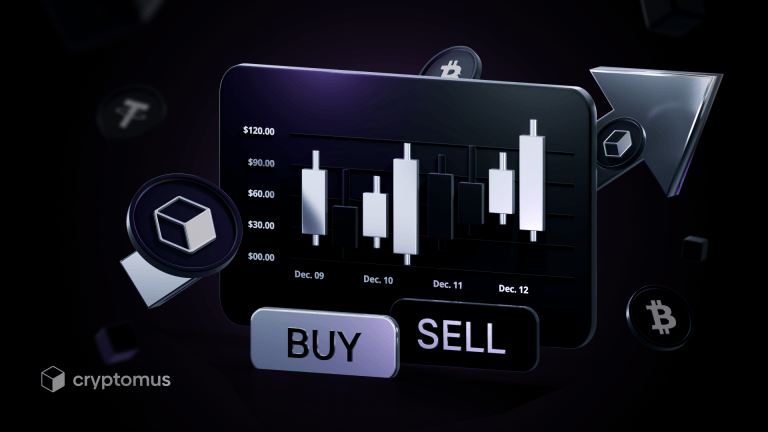



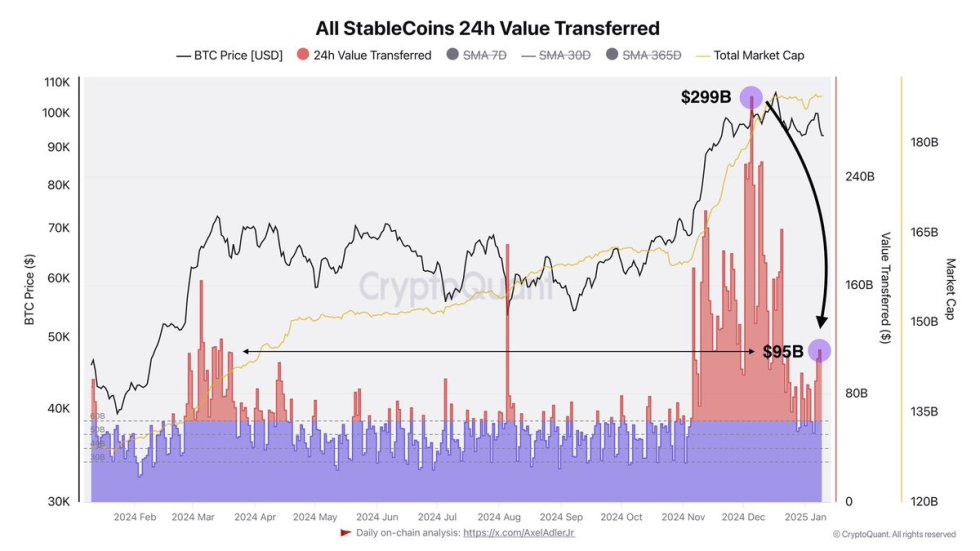

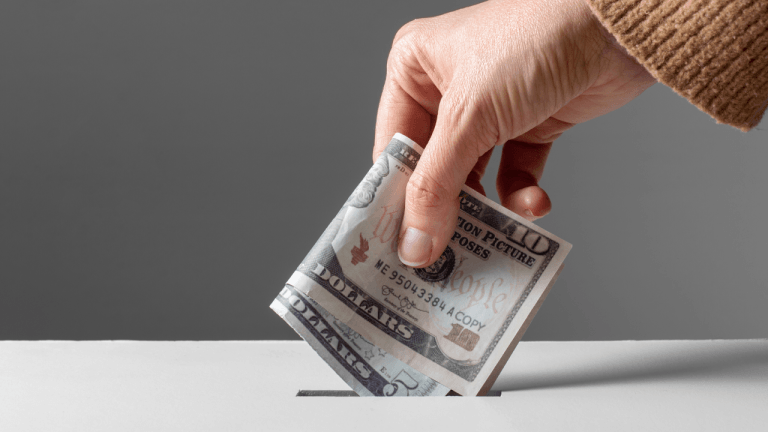

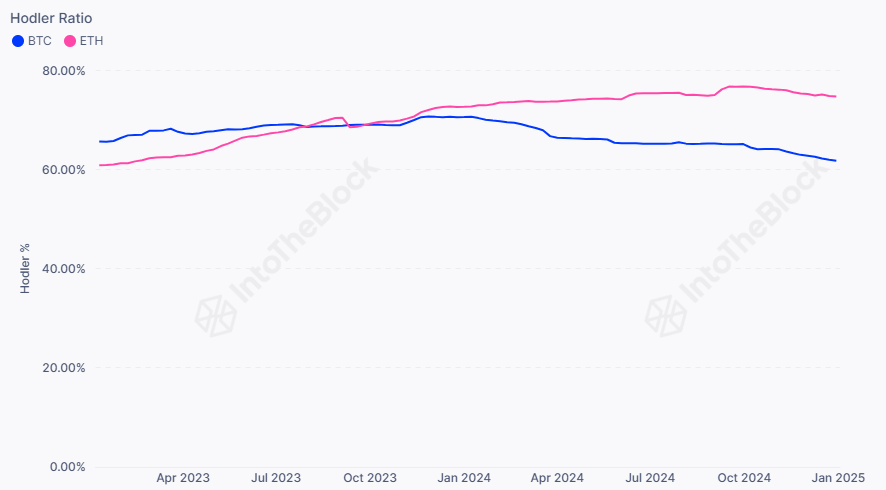

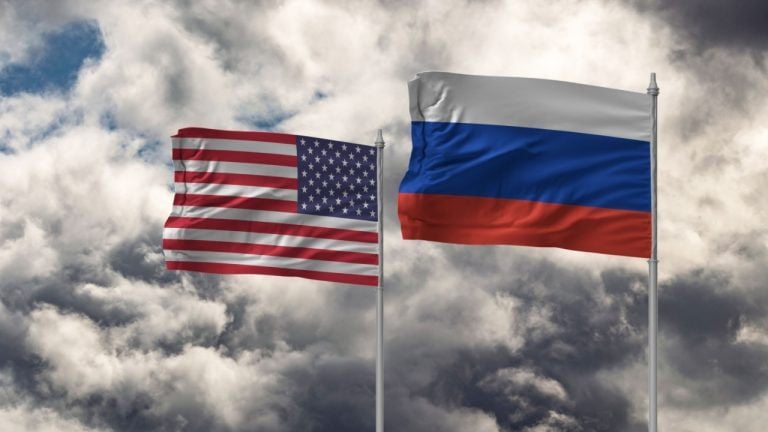
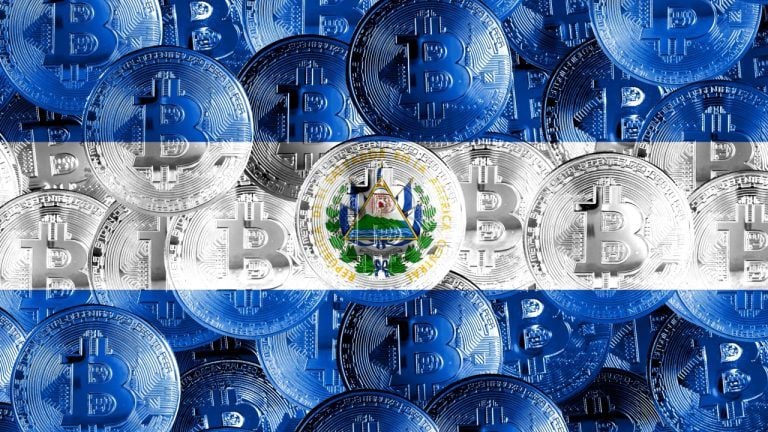




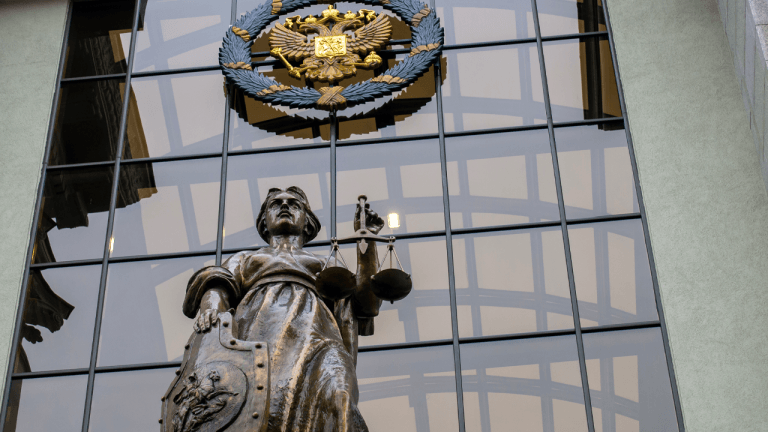
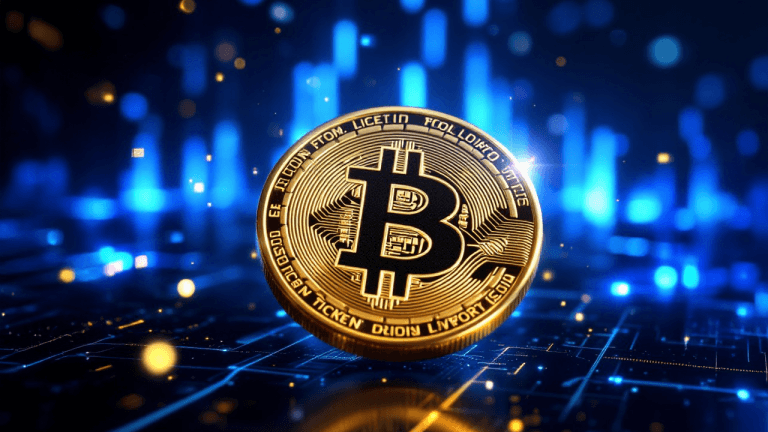
Comments